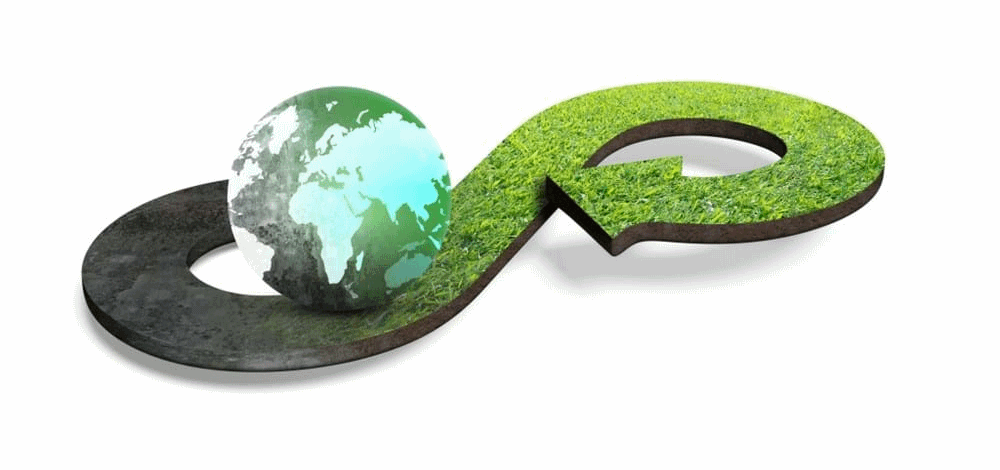GUEST BLOG: Why energy and resource efficiency are integral in meeting climate change targets

5th December 2018
How can chemical engineers help in the global fight to combat climate change?
In today’s blog Mark Apsey, who is leading an energy and resource efficiency (ERE) task group for the IChemE Energy Centre, explores the important contribution of ERE by chemical engineers in the worldwide efforts to reduce the impact of global warming.
Climate change is high on the agenda of world leaders this week, as they come together in Poland at the Conference of Parties 24 (COP24) to discuss how they are working to reduce emissions and achieve the global 1.5 degree target.

Name: Mark Apsey
IChemE Role: Vice Chair IChemE Energy Centre Board and Lead on Energy and Resource Efficiency Task Group
Bio: Mark studied Chemical and Process Engineering at the University of Exeter. After roles in energy and pharmaceuticals, he has spent the last 10 years working exclusively on energy efficiency and renewable projects. Mark represented IChemE at COP22 in Marrakesh speaking at an official side event and at COP23 in Bonn at the UK Pavilion. He is passionate about the contribution energy and resource efficiency can have to help mitigate the worst effects of climate change.
We only have one planet
This week, representatives from around the world have been gathering in Katowice, Poland for COP24 to work out how we are collectively going to meet the commitments made in Paris three years ago. The pressure is on.
In October 2018, the Intergovernmental Panel on Climate Change (IPCC) published a special report on the impacts of global warming of 1.5°C – the most ambitious target of the Paris Accord. It is scary stuff. Unlike other threats to our species, global warming is more than likely human made, which makes it all the more perverse if we choose not to correct our course.

By all accounts we are well off-track.
We can no longer afford to wait. As chemical engineers we are uniquely placed to act in some of the most energy and resource intensive industries to reduce the impact we are having on the life support systems of our single, shared planet.
Energy and resource efficiency
The scientific revolution, which started 500 years ago, gave us huge power to dominate the planet and the industrial revolution, which began 200 years ago, allowed us to accelerate our extractive efforts. Our economic systems are based on linear processes of extraction, consumption and waste.
We must find ways to be more efficient in our use of both energy and resources.

Embedding these ideas into new engineering projects and auditing existing processes against them is now essential. Energy and resource efficiency is no longer a ‘nice to have’ but both an economic and moral imperative. By delivering economic savings and simultaneously reducing both emissions and demand for critical resources, energy and resource efficiency measures are one of the most powerful ways in which we as a population – and particularly as chemical engineers – can contribute to the climate solution.
Sharing practical advice and understanding is therefore vital; which is why in January the IChemE Energy Centre will publish our energy and resource efficiency good practice guide for chemical engineers and others who might undertake efficiency projects.
Alongside a series of case studies drawing attention to innovative solutions, I hope this will inspire members to act to deliver energy and resource efficiency savings in whatever area they work. We will be launching the guide in a live webinar.
IChemE Energy Centre
IChemE members work across the energy space; developing new sources of energy, moving it to where it’s needed, improving the efficiency of the processes that use it, and mitigating the environmental effects of its production and consumption.

I have been lucky enough to work within this group of dedicated member volunteers for the last two years to think specifically about energy and resource efficiency and what this means within the context of tackling climate change within the industries in which we work.
Find out more and become part of the solution
IChemE Energy Centre members have been working to collect examples of useful technologies, systems and practices in energy and resource efficiency and we are looking for more. If you are working on something that could make a good case study, please contact us at energycentre@icheme.org.